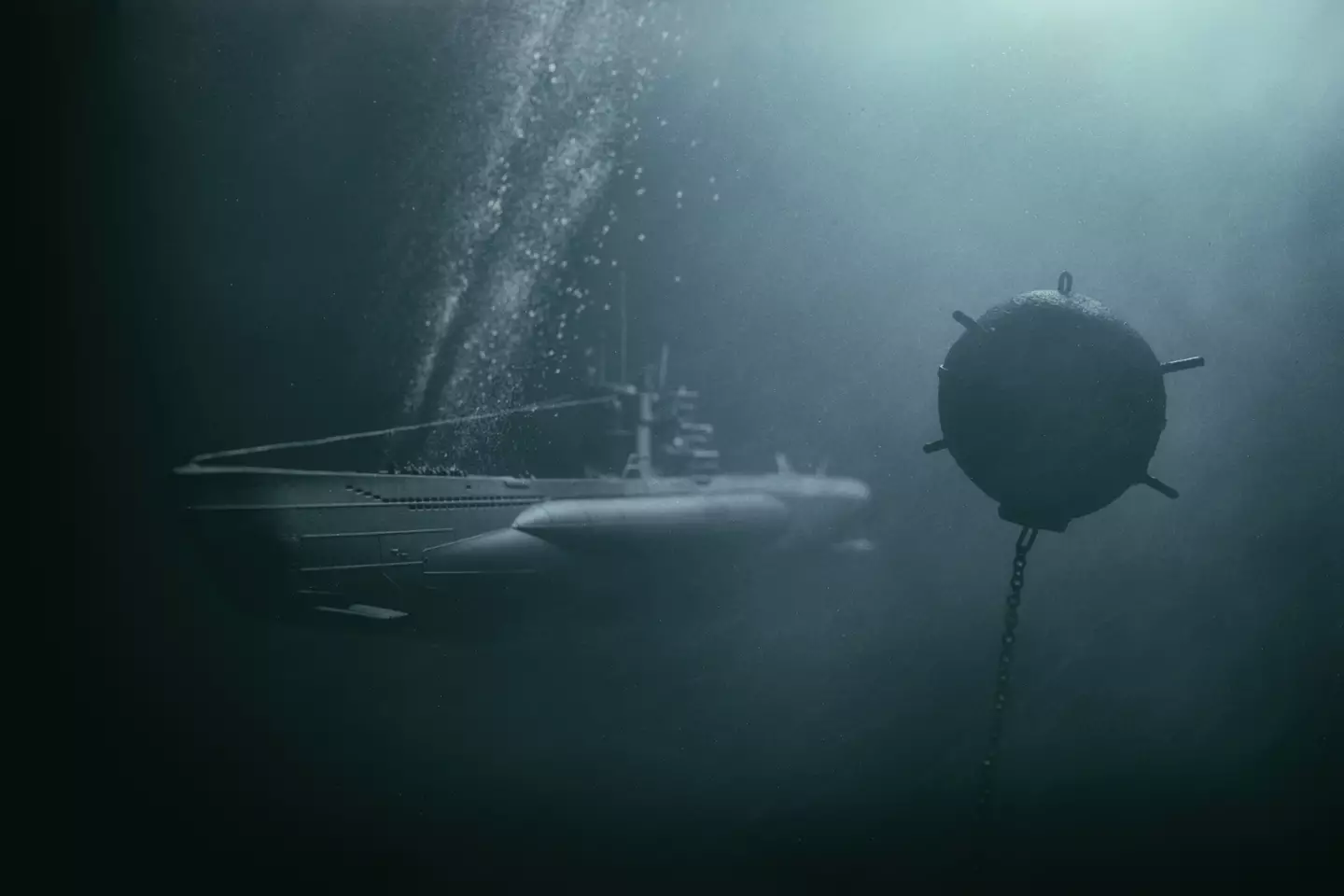
Submarines are very useful to humans for a variety of reasons.
But without sonar technology, they wouldn't be half as efficient.
Sonar technology has been used by search crews looking for the doomed Titan sub, the Loch Ness Monster and Amelia Earhart herself.
Advert
Short for Sound Navigation and Ranging, Sonar is essential for exploring, searching and mapping large bodies of water.

It has presumed to be safe and inaudible to humans, even if a swimmer happened to end up in its path.
But this isn't the case.
Advert
When active, sonar transducers emit acoustic signals or pulses into the water.
The hope is that these hit an object of interest - like a missing submarine, sea monster or plane perhaps.
When the pulses do make contact with an object, the sound will bounce back off the item returning an 'echo' to the submarine.
The system will then calculate the strength of the signal, giving the operators an idea of what it could be.
Advert
Sound is a more reliable tool underneath the surface, as light doesn't travel very well.

The most powerful sonar system of all belongs to navy ships.
And one group of Australian divers found this out the hard way when they got caught up in the sound pulses of a Chinese vessel.
Advert
In November 2023, the country's defence minister, Richard Marles, said the HMAS Toowoomba paused while it was in international waters after its propellers ended up tied up in fishing nets.
The divers were sent out to remedy the problem, but China's PLA-N destroyer (DDG-139) ship was also operating close-by and, despite being warned an operation was underway, it 'approached at a closer range'.
Marles said: "Soon after, it was detected operating its hull-mounted sonar in a manner that posed a risk to the safety of the Australian divers who were forced to exit the water.
"The divers sustained minor injuries, likely due to being subjected to the sonar pulses from the Chinese destroyer."
Advert
When high levels of active sonar are used, it can cause dizziness, disorientation, temporary memory issues, concentration problems and temporary hearing loss.
Marine bioacoustics scientist told the West Australian that active sonar pulses can rupture the lungs, while ones which exceed 210dB can cause fatal brain haemorrhaging.
Divers would likely hear a mid-to-high pitch sound while underwater when the active sonar is emitted, cluing them into the fact that they may be in serious danger.
So, if your ears should start ringing while you've gone for a dip in the ocean, maybe you should resurface. Fast.
Featured Image Credit: Getty Stock ImagesTopics: Science, Technology, Weird, Health
